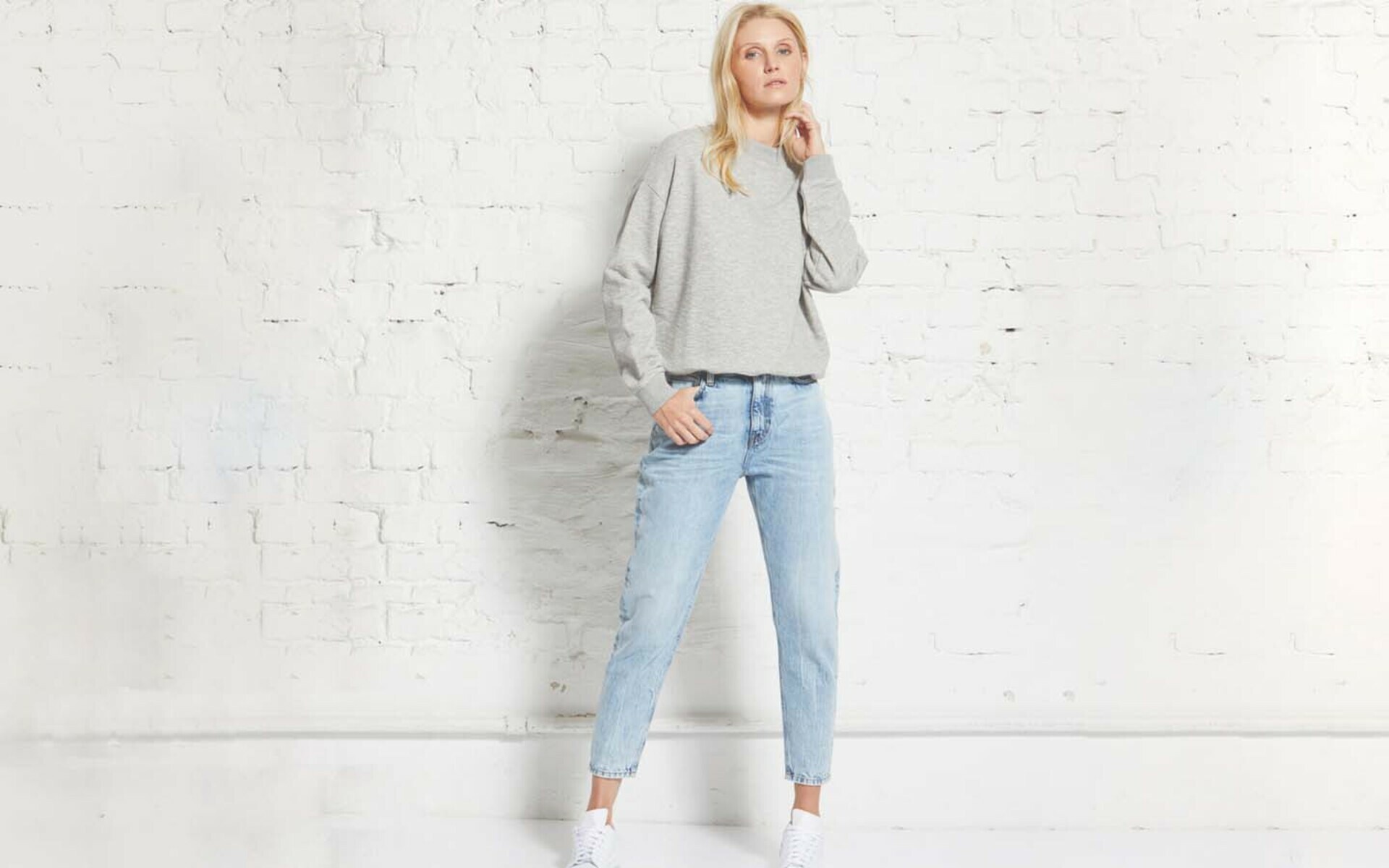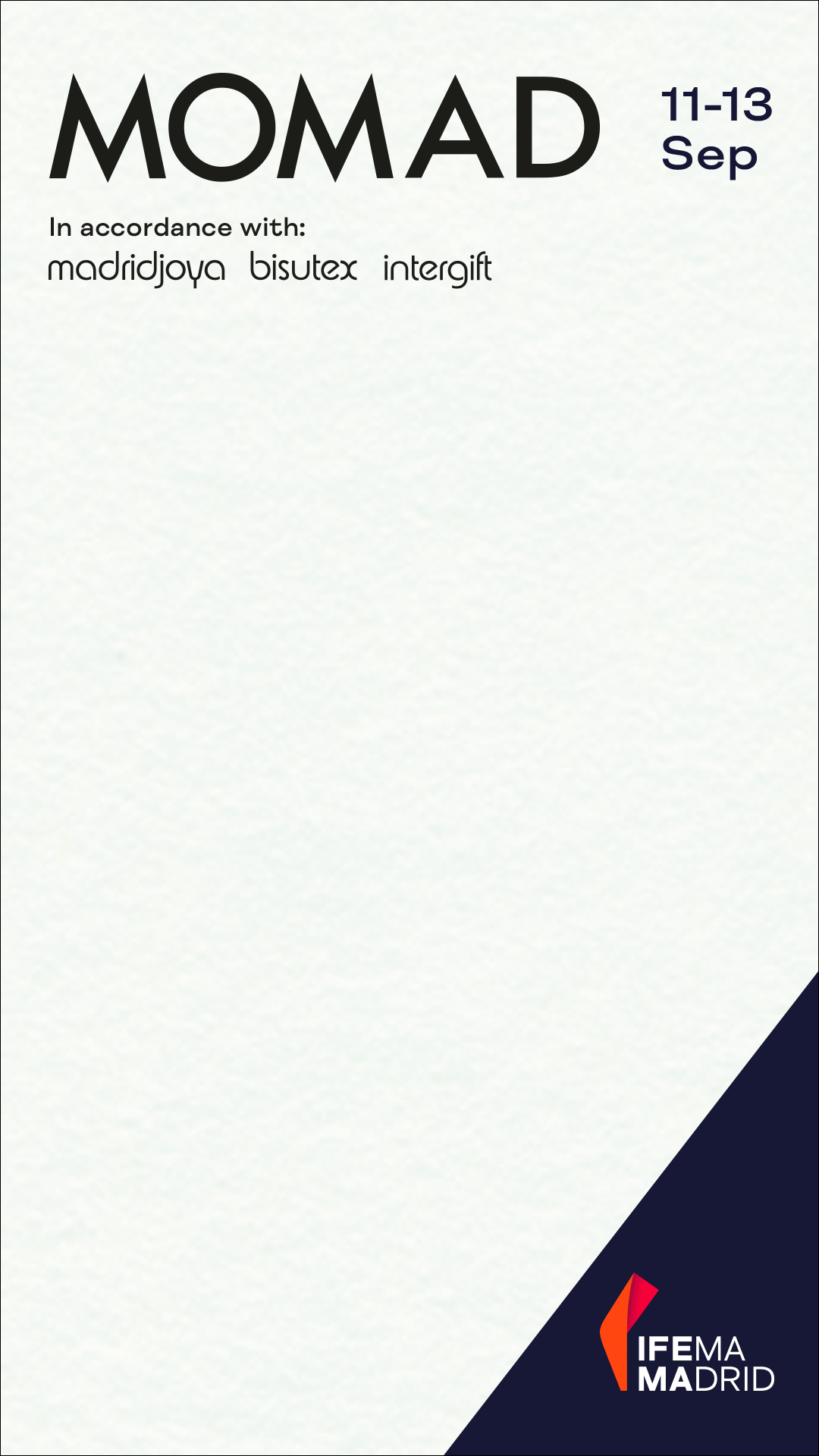
Revisiting The Green Product Award Fashion 2023 | Winners in Innovation
Awards for the Green Product Award Fashion have just been allocated. Here is a revisit to the event and a look at the winners.
Taken place on 22 July 2023, at Neonyt Düsseldorf; Green Product Award Fashion has welcomed various green brands, designers, and projects that develop sustainable applications in the fashion industry. Out of the 40 nominees, 12 winners have been selected from countries across and out of Europe. As a cooperation between the Green Future Club and Igedo Exhibitions, the organizer of Neonyt Düsseldorf, The Green Product Award Fashion has supported the sustainable steps to the fashion’s future by Luxiders being one of the partners to the event. The Jury panel included Belvis Soler, Editor-In-Chief and Art Director of Luxiders Magazine; Rosan van Boven, co-founder of Fabriek Fris & Anderlus; Sebastien Thies, CEO of nat-2™ & this; Petra Schmatz, Editor-In-Chief of Sous & Green Lifestyle; and Ulrike Kähler, Managing Director of Igedo Exhibitions. Here is a look at the winners that constitute unexpected and influential sustainable practices in the fashion world.




AMY – Germany
Completely plastic-free and made of overripe strawberries: The promising material Berriestex has been used in this handbag. Designed by Christine Rochlitz for the EarPods, its versatility offers several opportunities for use. Wear it on a belt, wear it as a mini crossbody bag; it does not matter. The Editor’s Choice Bags Award winner AMY is explained by the jury with these words: “Imagining the work required to create a new sustainable material such as Berriestex deserves our recognition.” The Germany-based start-up brand has caught the attention of the jury on being both vegan and plastic-free, too.

Collien Denim Eco Bleach by Wunderwerk– Germany
German brand Wunderwerk presents their GOTS-certified, 100% Italian denim that is made of organic cotton: Collien Denim Eco Bleach. Wunderwerk produces denim without any toxic chemicals and delivers the clothing without plastic packaging. “The goods are not damaged or soiled during transport,” they explain their packaging which formulates a lace with a band of organic cotton.

Wies – the Netherlands
Wies is a new capsule collection from Hunkemöller as part of the Together Tomorrow initiative. The collection is the natural next step on the way to a more environmentally friendly way of manufacturing for underwear. Using hues from nature, such as acorns, the 52% recycled bra avoids the toxic dyeing process and adopts natural techniques. Taking a step toward the green-transitioned future, Patricia Beurskens and Megan Hutchens are behind the design.

F385 CIRC-CASE – Switzerland
Protective, recycled, and recyclable. FREITAG won the Winner Accessories Award with its iPhone case, which is built on a two-part system. The cover is made from worn-out ski boots and the card case is made of recycled truck trap. The jury has reviewed this design with these words: “This new innovation from FREITAG shows a super nice approach to tech device protection while following their design and brand philosophy and continuing the path of eco-friendly innovation.”

Unfoldable – Israel
Changing your eyewear to green might be linked to changing your perspective to green. Student Adi Abramov from Shenkar created Unfoldable, a modular eyewear that is made of recycled Stereolithography (SLA). Reminding the SLA’s ability to be reused and recycled, the eyewear also focuses on minimalizing the design by removing the branding elements since it adds signature symbols at the front tips of the handles. The Concept Winner Accessories Award goes to the Unfoldable, while the jury defines the product with these keywords: Sustainable, futuristic, genderless, and innovative.

4elements by HAMA & Eoto – Germany
A genderless backpack for any occasion but without plastics. This is how 4elements becomes a part of sustainable fashion. Made of Manila Fiber – a material combination of 76% cotton and 24% fibers of the Abacá plant-, which also reacts water-repellent, the jury emphasizes the bag being both plastic-free and water-repellent since it is “not easy to find” these days. Being awarded under Winner Bags, the established brand Hama and the designers Robert Winny and Lars-Jenning Gobat introduce a potential shift in textiles being used for backpacks.

Inki – Germany
This one is essential for the Yogis: An everyday backpack that can extend its space to fit a yoga mat inside when unfolded. The start-up brand’s yoga backpacks are designed by Regina Winther and Carolin van Eupen. What the jury, on the other hand, complemented was the durability of the product and the innovative design of it.

TômTex – The United States
The Winner Clothing awarded biodegradable textiles are a catalyzer: Two key food waste ingredients, mushrooms, and seashells are made into textiles that can mimic various fabrics. Including leather, suede, latex, and more, TômTex does not include any toxic tanning or dying process, petrochemicals, or plastics. Designers Uyen Tran & Ross McBee received compliments from the jury that emphasizes the transition of waste to value

Re-Yut-Cel by Sylvia Calvo – Spain
Re-Yut-Cel initiates the recycling from coffee bags to fashion. The recycled jute coffee bags and waste fibers from cotton spinning characterize the product with an intense focus on supporting the local economy and industry. Gaining the Winner Clothing Award, the start-up institution’s designer Sylvia Calvo puts the regenerated natural fiber to the table in quite a fashionable way.

Bio-invasive Library – United Kingdom
Student Xue Chen from the University of Arts, London – Central Saint Martin places invasive plants to the core and uses them as raw materials for fibers and dyes. Seeking to reduce waste during dyeing and technical production, the utility-maximizing and sustainable project is summarized by the Jury with three sentences: “Original use of raw material, interesting use of techniques, creating really something new and tactile.”

PLUS_ZERO – Poland
Winner of the Public Voting Best Product Award, Dominika Pluska creates bags from upcycled leather. Hiring the local craftsmen and women that have lost their jobs because of digitization and automation; PLUS_ZERO takes the small leather scraps and draws her own way to sustainable fashion with a supportive attitude to local craftsmanship and interdependence.

Arlecchina Bag – Italy
Arlecchina Bag, designed by the student Emma Maiorino from Milano Fashion Institute (POLIMI) is inspired by modularity and zero waste. The Public Voting Best Concept Award winner bags are made of patches, which are suitable to assemble, disassemble, and swapped through the snap buttons on the patches. Maiorino seeks modularity by never letting people get bored of the bags through their dynamic design when the leftover and upcycled fabrics being used are serving the zero waste goal of the concept.

Images:
Green Product Award Fashion 2023
Words:
Tolga Rahmalaroglu
Luxiders Magazine Contributor








